There are specific criteria to evaluate the effectiveness of savings in policy drafting.
Delegates basically agreed with the promulgation of the Law on Practicing Thrift and Combating Wastefulness to fully institutionalize the viewpoints of the Party and State; not only to save resources and combat waste but also to contribute to improving discipline, order, accountability and increasing transparency in state management activities and in the whole society.
Emphasizing the need to identify "waste" right from the policy-making stage, National Assembly Deputy Nguyen Ngoc Son ( Hai Phong ) suggested that the drafting agency should carefully study the recommendations of the Supervisory Delegation "Implementation of policies and laws on practicing thrift and combating waste in the 2016-2021 period" to amend the law to ensure consistency and correctly reflect the views of the Party and State, especially the direction of the General Secretary in recent times.

On the other hand, the current draft Law does not stipulate a mandatory mechanism for feedback from the National Assembly 's supervision results, although it has proposed adding Article 59 on the responsibility to receive and handle the National Assembly's supervision recommendations on practicing thrift and combating waste, but it is still unclear. "Therefore, if this content is legalized, the agencies will properly perform their roles and organize supervision better," delegate Nguyen Ngoc Son stated.
Regarding the principles of thrift and anti-waste in Article 6, National Assembly Delegate Nguyen Van Huy ( Hung Yen ) stated that, on the basis of inheriting and amending 5 principles of practicing thrift and anti-waste from the current Law, the draft Law has added 2 principles in Clause 2 and Clause 7.
Accordingly, Clause 2 stipulates the principle of ensuring thrift and combating waste in the entire process of policy making, drafting, and monitoring law enforcement in order to promptly detect bottlenecks and bottlenecks and propose solutions to ensure consistency and consistency with the Party's policies and guidelines.
“With such a provision, the draft Law has expanded the scope from policy implementation to the entire process of planning, implementation, and monitoring, thereby helping to prevent waste right from the policy development stage instead of overcoming consequences when they have arisen. This also demonstrates the mindset of management based on results, based on policy response and is a modern approach to help the legal system adapt quickly to reality. When policies are built and implemented synchronously and consistently, institutional waste will be minimized, avoiding conflicts and overlaps between legal documents as well as slow implementation,” delegate Nguyen Van Huy stated.
However, according to delegate Nguyen Van Huy, the assessment of the effectiveness of savings in the policy drafting process also needs specific criteria. If the policy-making staff does not have the capacity to analyze costs and benefits or is not equipped with impact assessment tools, this principle will be difficult to implement in a practical way. On the other hand, not clearly defining the coordination mechanism can cause overlap between the law enforcement monitoring stage and later inspection and audit activities.
Review and improve the system of standards and norms
Clause 7, Article 6 is also a newly added principle. Accordingly, the practice of thrift and anti-waste needs to clearly distinguish between wasteful behavior due to lack of responsibility and violation of the law and objective risks in the process of innovation, implementation of pilot mechanisms and policies, encouraging cadres to be dynamic, innovative, creative, dare to think, dare to do, dare to break through, dare to take responsibility for the common good.
With this principle, delegate Nguyen Van Huy said, it will contribute to creating a legally safe space for officials in the process of performing public duties, removing the fear of mistakes and fear of responsibility, which are barriers mentioned a lot in the current situation.
.jpg)
However, delegates pointed out that it is necessary to review and improve the system of standards and norms in different fields; build a system of criteria for evaluating efficiency, increase the application of information technology, and publicize data to serve the monitoring work. At the same time, specify criteria for evaluating savings and combating waste in policy and law making; issue a set of indicators or criteria for evaluating the socio-economic efficiency and the ability to mobilize social resources of legal documents; prescribe mandatory cost and benefit assessments for policies with great impact and consider this as a criterion for savings and efficiency.
Regarding the provision and processing of information on waste detection and protection of the fight against waste, Clause 3, Article 7 of the draft Law stipulates that waste fighters and their relatives, agencies and organizations providing information on waste detection shall be subject to timely protection measures, ensuring safety and protection of their legitimate rights and interests according to Government regulations.
Delegate Nguyen Van Huy suggested that the drafting agency should study and amend “Government regulations” into “legal regulations” and assign the Government to provide detailed regulations to ensure consistency. In addition, he suggested that the drafting agency should continue to review to ensure consistency throughout the entire draft Law, creating favorable conditions when the Law is implemented.
Source: https://daibieunhandan.vn/nghien-cuu-bo-sung-co-che-bat-buoc-phan-hoi-tu-ket-qua-giam-sat-cua-quoc-hoi-10396960.html





![[Photo] Close-up of Ba Ha River Hydropower Plant operating to regulate water to downstream](/_next/image?url=https%3A%2F%2Fvphoto.vietnam.vn%2Fthumb%2F1200x675%2Fvietnam%2Fresource%2FIMAGE%2F2025%2F11%2F25%2F1764059721084_image-6486-jpg.webp&w=3840&q=75)
![[Photo] Prime Minister Pham Minh Chinh receives Governor of Gunma Prefecture (Japan) and Special Advisor to the Japan-Vietnam Friendship Parliamentary Alliance](/_next/image?url=https%3A%2F%2Fvphoto.vietnam.vn%2Fthumb%2F1200x675%2Fvietnam%2Fresource%2FIMAGE%2F2025%2F11%2F25%2F1764066321008_dsc-1312-jpg.webp&w=3840&q=75)

![[Photo] General Secretary To Lam attends the National Conference to review the Party's inspection, supervision and discipline enforcement work in 2025 and the 13th Congress term](https://vphoto.vietnam.vn/thumb/402x226/vietnam/resource/IMAGE/2025/11/24/1763967570884_anh-man-hinh-2025-11-24-luc-13-59-19.png)

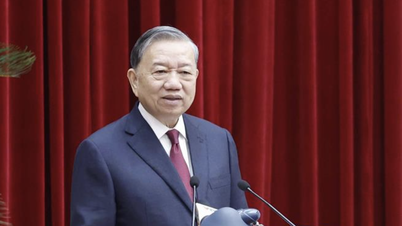

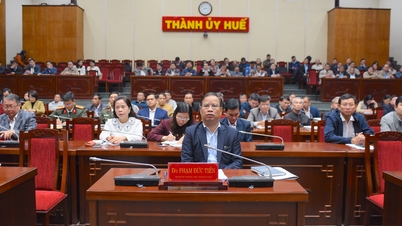

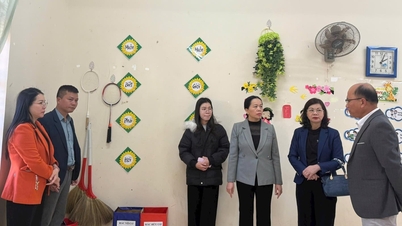

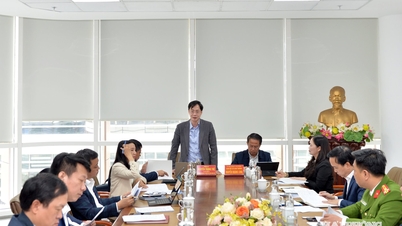
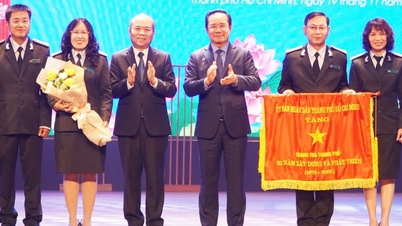

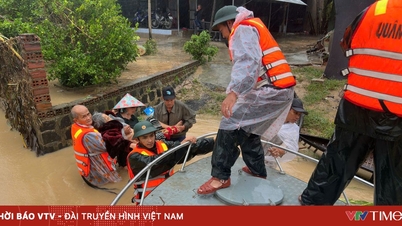

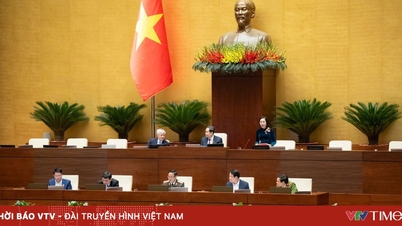
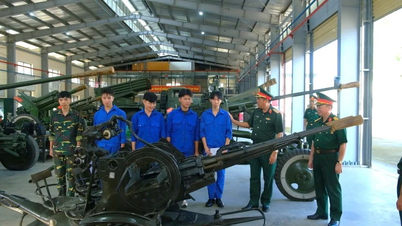


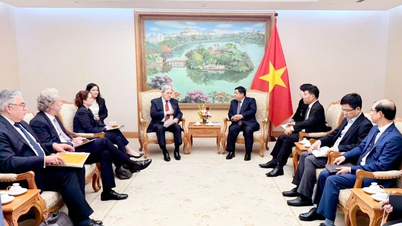
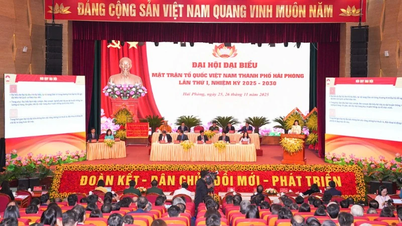




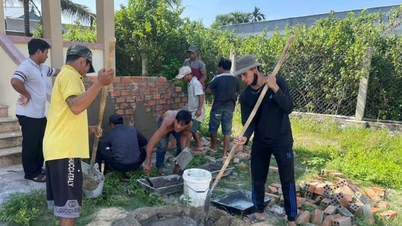

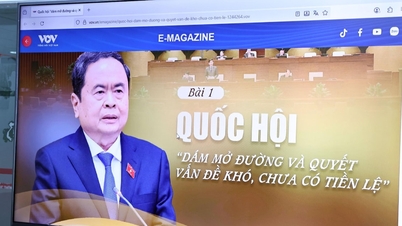
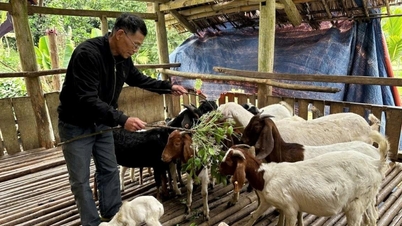
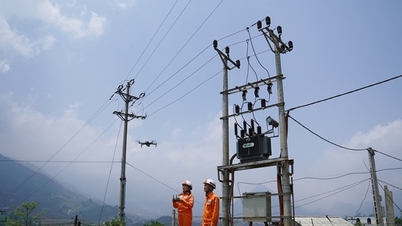






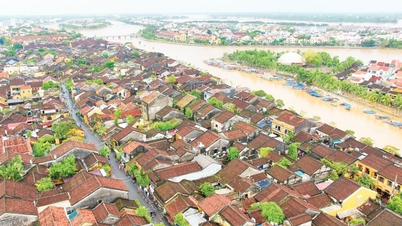

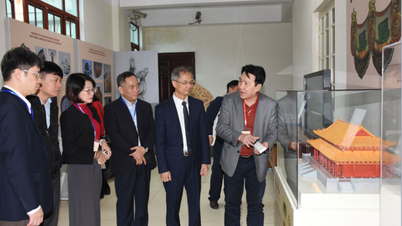








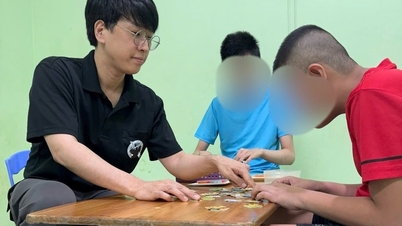
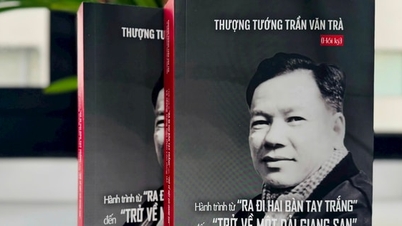



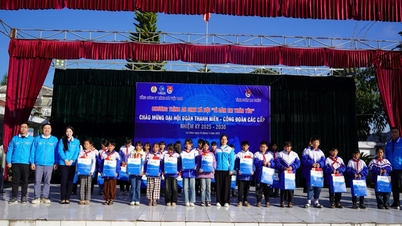
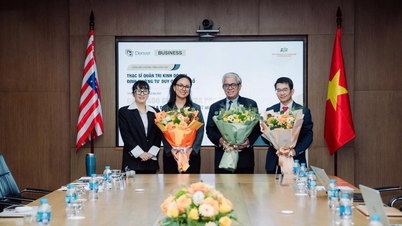

![[Answer] Should I install an elevator for an old renovated house?](https://vphoto.vietnam.vn/thumb/402x226/vietnam/resource/IMAGE/2025/11/25/1764039191595_co-nen-lap-thang-may-cho-nha-cai-tao-cu-khong-04.jpeg)

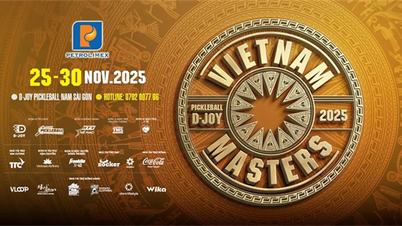






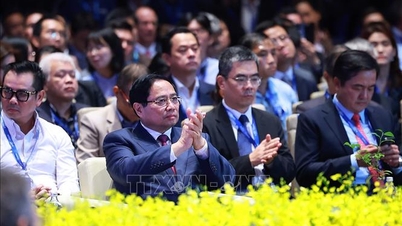










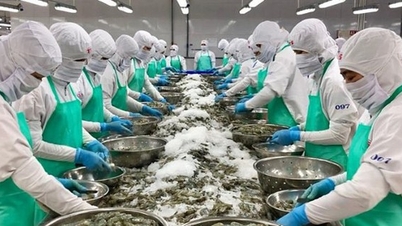
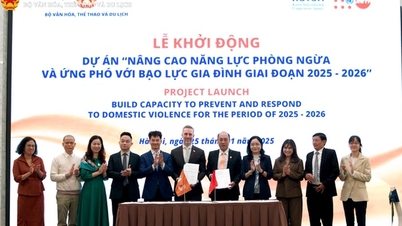

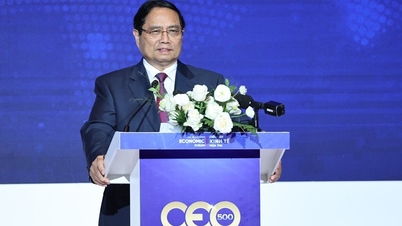

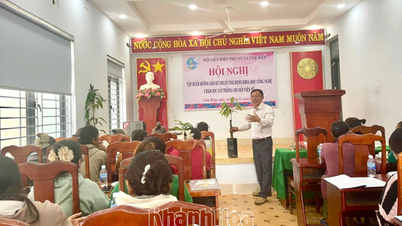

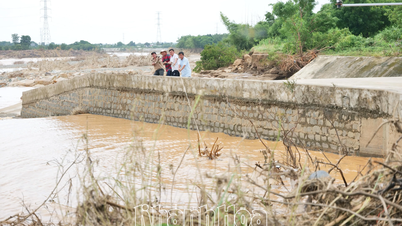
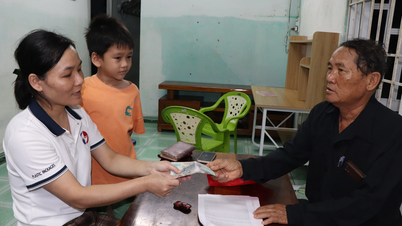

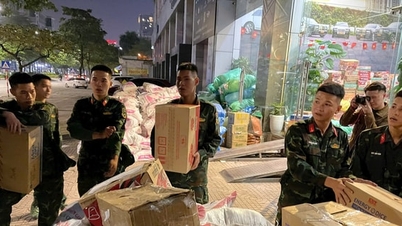












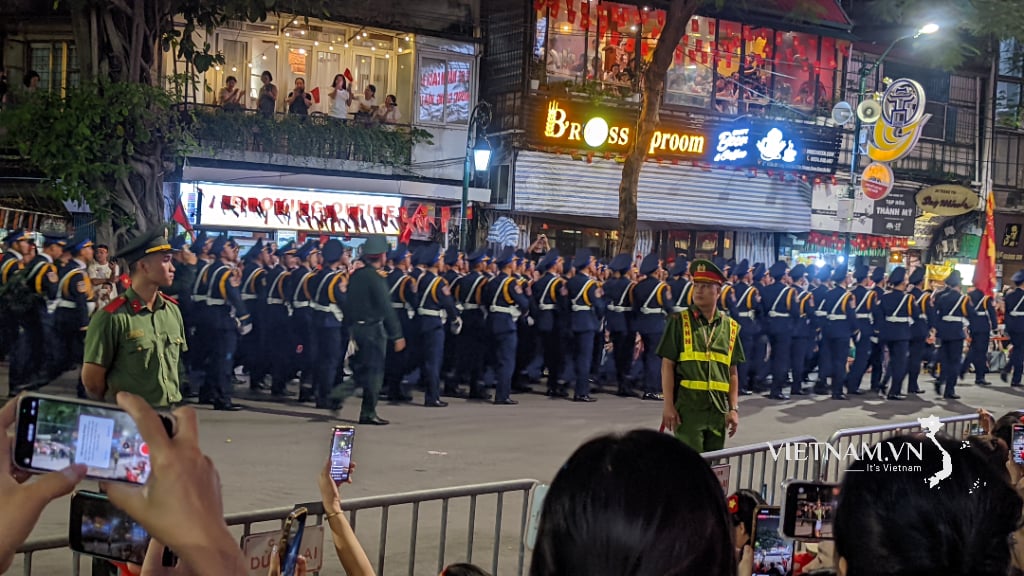

Comment (0)